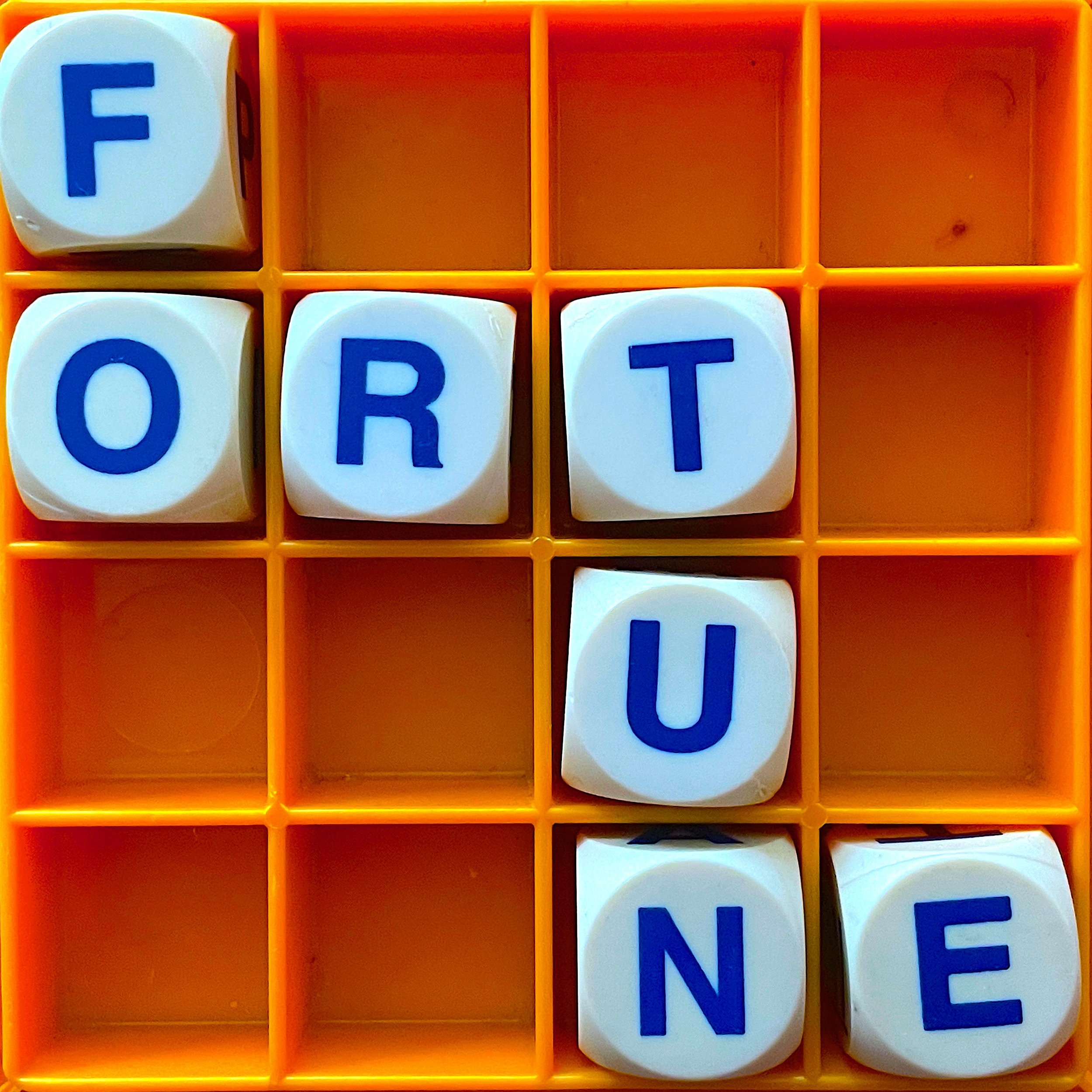At Lunar New Year, certain foods are particularly lucky to eat. Why? Because in Chinese, their names are puns on fortunate things. Damn, maybe noodles are all it takes to get me into puns after all... Professor Miranda Brown, cultural historian of China specialising in food and drink, explains the wordplay foods of new year, and why names are so resonant in Chinese.
Read moreAllusionist 142. Zero
Allusionist 140. Num8er5
We use verbal numbers and we use numerals - why do we need both? Why do we have the ones we have? What happened to Roman numerals? And what's loserish about the fiftieth Super Bowl?
Stephen Chrisomalis, professor of anthropology and linguistics and author of the book Reckonings: Numerals, Cognition and History, returns to the Allusionist to explain our current numbers, and why we shouldn't get too arrogant about them.
Read moreAllusionist 80. Warm Front
Today will be fine.
But wait: fine as in 'OK', fine as in 'really rather good', or fine as in 'no precipitation'? When you're a TV weather forecaster, you have to deal with the mismatch of your specialist vocabulary with that of the meteorological laypeople watching - as well as cover all the weather across a whole country, translate conditions into something the viewer can identify with, and warn people about cyclones without making them too panicked. (Or not panicked enough - do take sensible cyclone precautions, people!)
Nate Byrne, who presents the weather for the Australian Broadcasting Corporation's News Breakfast, breezes in to shower us with meteorological knowledge.
Read moreAllusionist 60: Zillions
They look like numbers. They sound like numbers. You kinda know they are numbers. But they're not actually numbers. Linguistic anthropologist Stephen Chrisomalis explains what's going on with indefinite hyperbolic numerals like 'zillion', 'squillion' and 'kajillion'.
Read moreAllusionist 25: Toki Pona
iTUNES • RSS • MP3
There’s a language which is said to be the smallest language in the world. It has around 123 words, five vowels, nine consonants, and apparently you can become fluent in it with around 30 hours’ study. It was invented by linguist Sonja Lang in 2001, and it’s called Toki Pona.
And Nate DiMeo, from the Memory Palace, decided we should learn it together.
FURTHER READING:
tokipona.org is your first stop for Toki Pona information, such as Sonja Lang's book and the Facebook group.
This is the article that first piqued Nate's and my interest in Toki Pona. I also enjoyed reading about this two-day Toki Pona learning binge.
A Finnish psychiatrist experimented with getting his patients to record their thoughts in Toki Pona every day.
Hey, linguistic size queens: here's a piece comparing number of words in different languages, and here are some stats for you.
I need to read In the Land of Invented Languages by Arika Okrent, who appeared in this early episode of 99% Invisible about Esperanto.
There are a lot more invented languages; here are a few mentioned in this episode: Kēlen, Ithkuil, Blissymbols, Lojban, Klingon, Elvish, Na'vi...
RANDOMLY SELECTED WORD FROM THE DICTIONARY:
kobold
CREDITS:
Nate DiMeo makes the beautiful podcast The Memory Palace thememorypalace.us.
This episode was produced by me, Helen Zaltzman. Thanks to Eleanor McDowall.
Martin Austwick provided all the music apart from the instrumental version of Survivor's 'Eye of the Tiger'.
Communicate with me minimalistically at facebook.com/allusionistshow, twitter.com/allusionistshow and twitter.com/helenzaltzman.
- HZ
Allusionist 3: Going Viral
Remember when 'viral' used to only mean something bad, eg. something that would make you ill or destroy your computer?
How things have changed. Tom Phillips from BuzzFeed UK explains how they choose the language to make their content go viral. Why does Buzzfeed steer clear of round numbers, sarcasm and irony? Will the internet ever reach Peak Hyperbole? What's the curiosity gap and how do you cross it? Find out all by listening to the show via iTunes, through your favoured podcast directory, or via RSS.
A bit of additional reading:
Buzzfeed not only analyses its own language, but also that of White House press secretaries to discover which president's regime is the cagiest.
If you can't be bothered to study it, Time has interpreted its linguistic signifance for you.
RANDOMLY SELECTED WORD FROM THE DICTIONARY:
bavardage
Despite my mild cynicism in this episode about the imperative to share content far and wide, you are of course more than welcome to share this episode - and to say hi at facebook.com/allusionistshow and twitter.com/allusionistshow.
- HZ
CREDITS
Presented and produced by Helen Zaltzman.
Tom Phillips is editorial director at BuzzFeed UK. Read his posts, and he tweets as @flashboy.
Roman Mars roman marses every week on 99% Invisible, and tweets as @romanmars.
MUSIC
'Allusionist Theme' - Martin Austwick
'Chocolate Rain' [instrumental] - Tay Zonday
'Gangnam Style' [instrumental] - PSY
'Friday' - The Sound of the Ladies cover, original Rebecca Black









